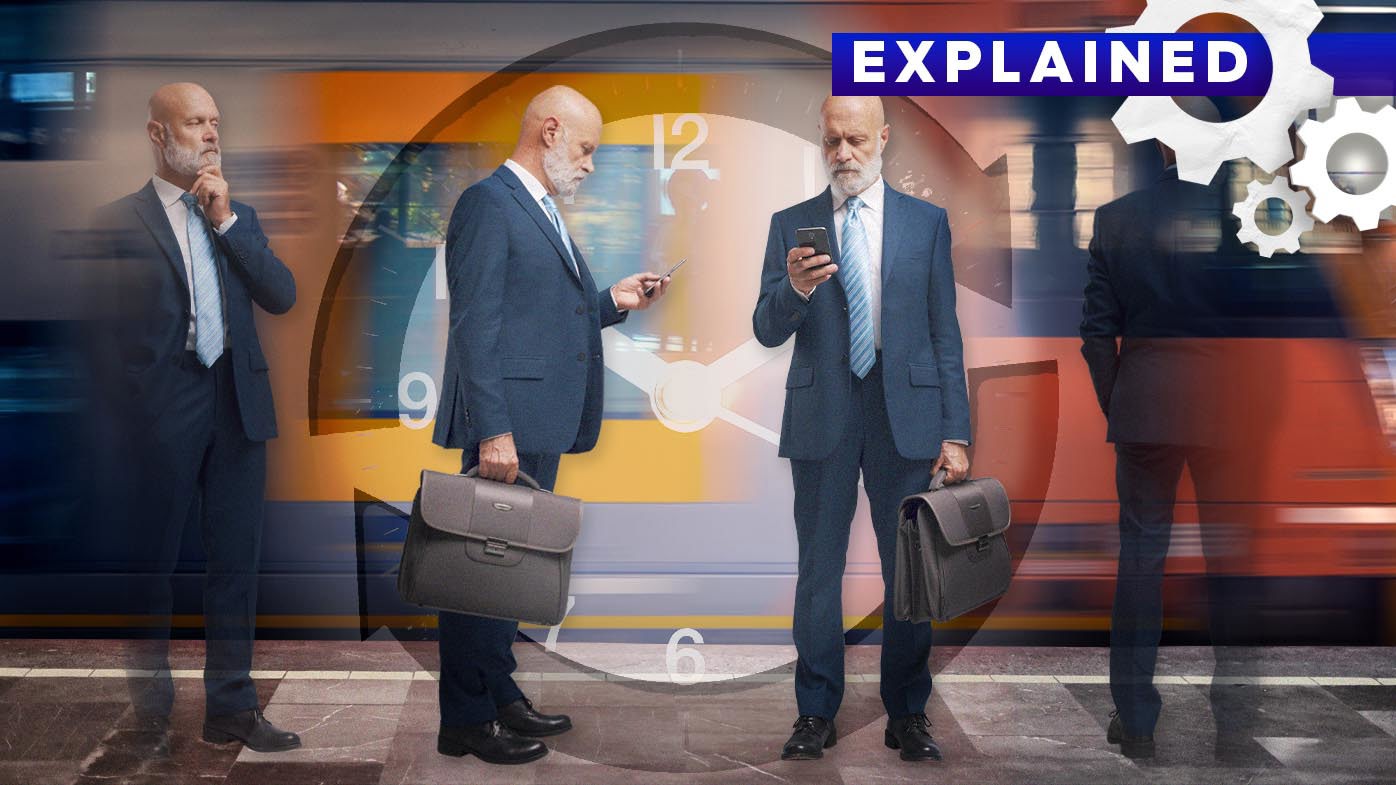
It’s a bizarre phenomenon – the feeling like you’ve experienced something before, even when you haven’t.
But while scientists cannot fully explain the strange feeling, known as déjà vu, there are some theories for what is going on.
The saying comes from French, meaning “already seen.”
READ MORE: What is going on with Australia’s vaping laws?
What does it mean if you have déjà vu?
Déjà vu is a phenomenon where you feel like you’ve experienced a situation before, even though you know you haven’t.
We asked an expert what it means.
“Several neuroscience theories attempt to explain déjà vu, but we still don’t have a conclusive explanation as déjà vu is very difficult to artificially evoke in a laboratory,” Dr Amy Reichelt, Senior Lecturer (adjunct) at the University of Adelaide told 9News.
“One theory proposes that déjà vu is caused by a mismatch in activation between systems in the brain that handle familiarity and recall.
“The temporal lobe, particularly the hippocampus, is involved in recognising familiarity, while the frontal lobes are involved in conscious recall.
“When these systems are out of sync, the brain could interpret a new experience as familiar.”
READ MORE: Stage 3 tax cuts are now in place. Here’s how your pay packet will change
Another theory is that a ‘short circuit’ between the short term memory system and the long term memory system causes confusion with an existing memory, Reichelt said.
It could lead to to the sensation of recalling something in real-time that is just being experienced.
Another theory also interest scientists, based on memories of something which really did happen.
”Déjà vu could also happen when a current situation resembles but is not identical to a past experience which can trigger the activation of a partial memory match, making the brain mistakenly recognise the new situation as something previously experienced,” Reichelt explained.
READ MORE: From Wikileaks to plea deal: Julian Assange’s legal saga timeline
Are there any things that make people more likely to encounter déjà vu?
It’s said to be more common in younger people.
In rare cases it can point to a neurological disorder, and a certain kind of epilepsy.
“Déjà vu is reported by individuals with temporal lobe epilepsy, sometimes as a “aura” before a seizure occurs, or as a manifestation of the seizure itself,” Reichelt said.
“Epileptic seizures are generated by aberrant electrical discharges, and when this happens in the temporal lobe, particularly the hippocampus, memory systems become erroneously activated and can produce the sensation of déjà vu.”
links to content on ABC
9News





